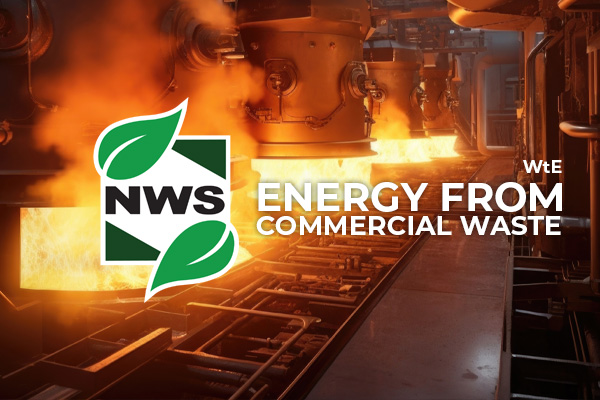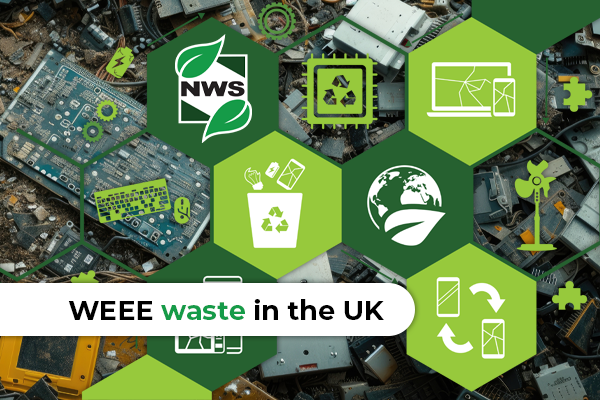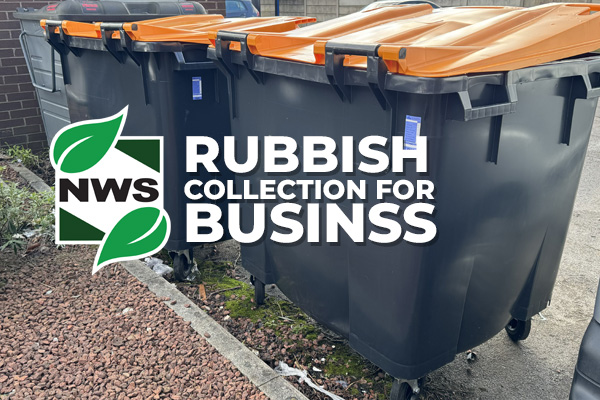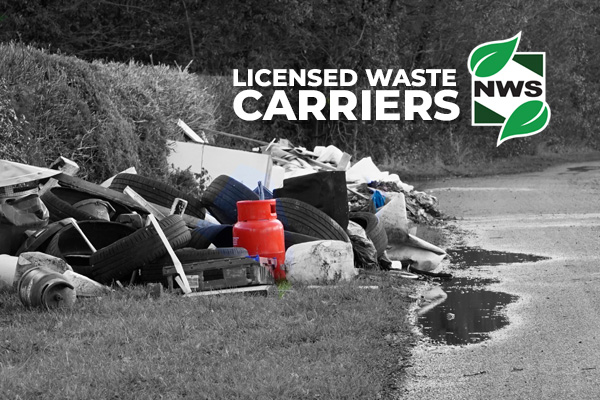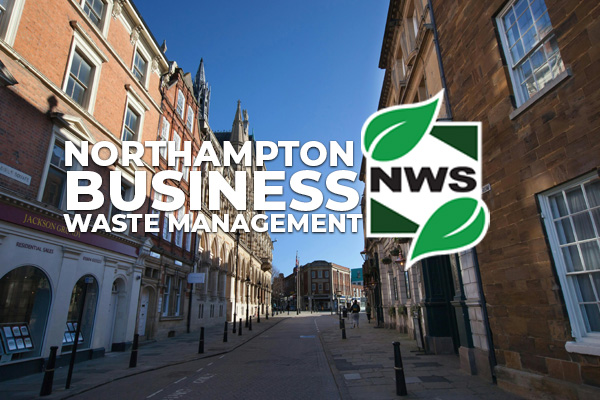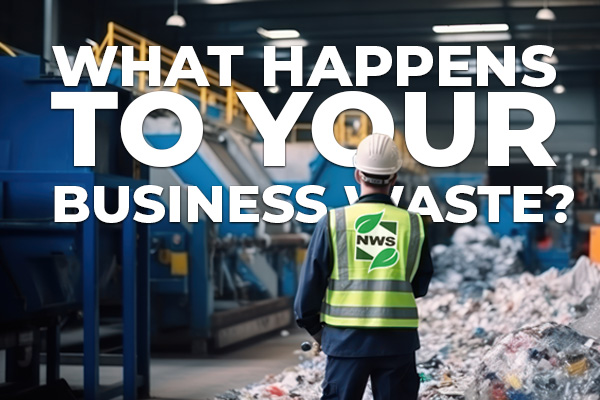The Resin Identification Code (RIC), commonly known as recycling numbers or plastic recycling codes, is a system used to identify the type of resin used in plastic products. The RIC consists of a number inside a triangular arrow symbol and is found on the bottom of plastic containers and products. Each number represents a specific types of plastic resin used in the item. Understanding these codes is important for proper recycling and waste management. Here are the different recycling numbers and what they mean:
PET or PETE (Polyethylene Terephthalate)

- Description: PET is a commonly used plastic for beverage bottles, food containers, and synthetic fibers.
- Recycling Number: 1
- Symbol: Number 1 inside the recycling triangle.
- Meaning: PET types of plastic are recyclable and can be turned into a variety of products, including new bottles, polyester fibers, and packaging materials.
HDPE (High-Density Polyethylene)
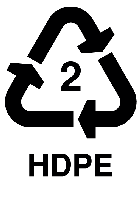
- Description: HDPE is a sturdy plastic used for milk jugs, detergent bottles, and various containers.
- Recycling Number: 2
- Symbol: Number 2 inside the recycling triangle.
- Meaning: HDPE plastics are recyclable and can be converted into new containers, pipes, and plastic lumber.
PVC (Polyvinyl Chloride)
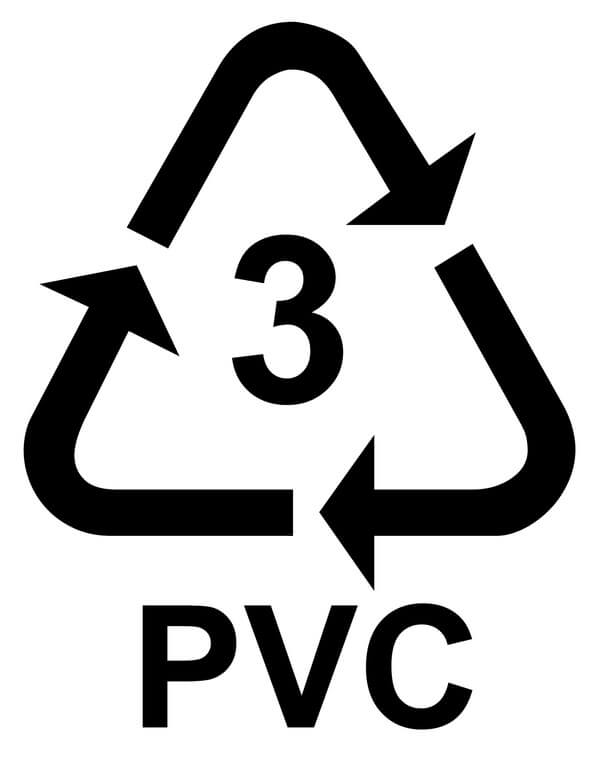
- Description: PVC is a versatile plastic used in pipes, vinyl flooring, and certain packaging.
- Recycling Number: 3
- Symbol: Number 3 inside the recycling triangle.
- Meaning: PVC is less commonly recycled and can release toxic chemicals when incinerated. Proper disposal and recycling methods are crucial for PVC products.
LDPE (Low-Density Polyethylene)

- Description: LDPE is a flexible plastic used for plastic bags, shrink wrap, and some containers.
- Recycling Number: 4
- Symbol: Number 4 inside the recycling triangle.
- Meaning: LDPE plastics are recyclable, but the availability of recycling programs for LDPE items varies. Some grocery stores accept plastic bags for recycling.
PP (Polypropylene)
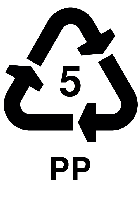
- Description: PP is a durable plastic used in bottle caps, food containers, and packaging.
- Recycling Number: 5
- Symbol: Number 5 inside the recycling triangle.
- Meaning: PP plastics are recyclable and can be transformed into products like battery cases, brushes, and brooms.
PS (Polystyrene)
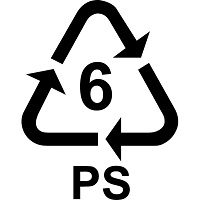
- Description: PS is a lightweight plastic used in foam products, disposable cutlery, and packaging materials.
- Recycling Number: 6
- Symbol: Number 6 inside the recycling triangle.
- Meaning: PS plastics are less commonly recycled and may be accepted by limited recycling programs. Expanded polystyrene (EPS) foam is often not recyclable and poses environmental challenges.
Other Plastics (Miscellaneous)
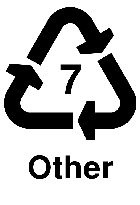
- Description: This category includes various other plastic resins, such as polycarbonate (PC) and other specialty plastics.
- Recycling Number: 7
- Symbol: Number 7 inside the recycling triangle, often accompanied by a specific resin code (e.g., 7 PC).
- Meaning: Number 7 plastics are a mix of different resins and may not be widely accepted by recycling facilities. Some number 7 plastics, like polycarbonate, contain BPA, a chemical of concern, and may have recycling limitations.
It’s important for us all to be aware of these recycling numbers and their meanings to make informed decisions about recycling and waste disposal. Not all types of plastic items are recyclable in every area, so checking in with your waste carrier will help you make the right choice about your plastic waste.

